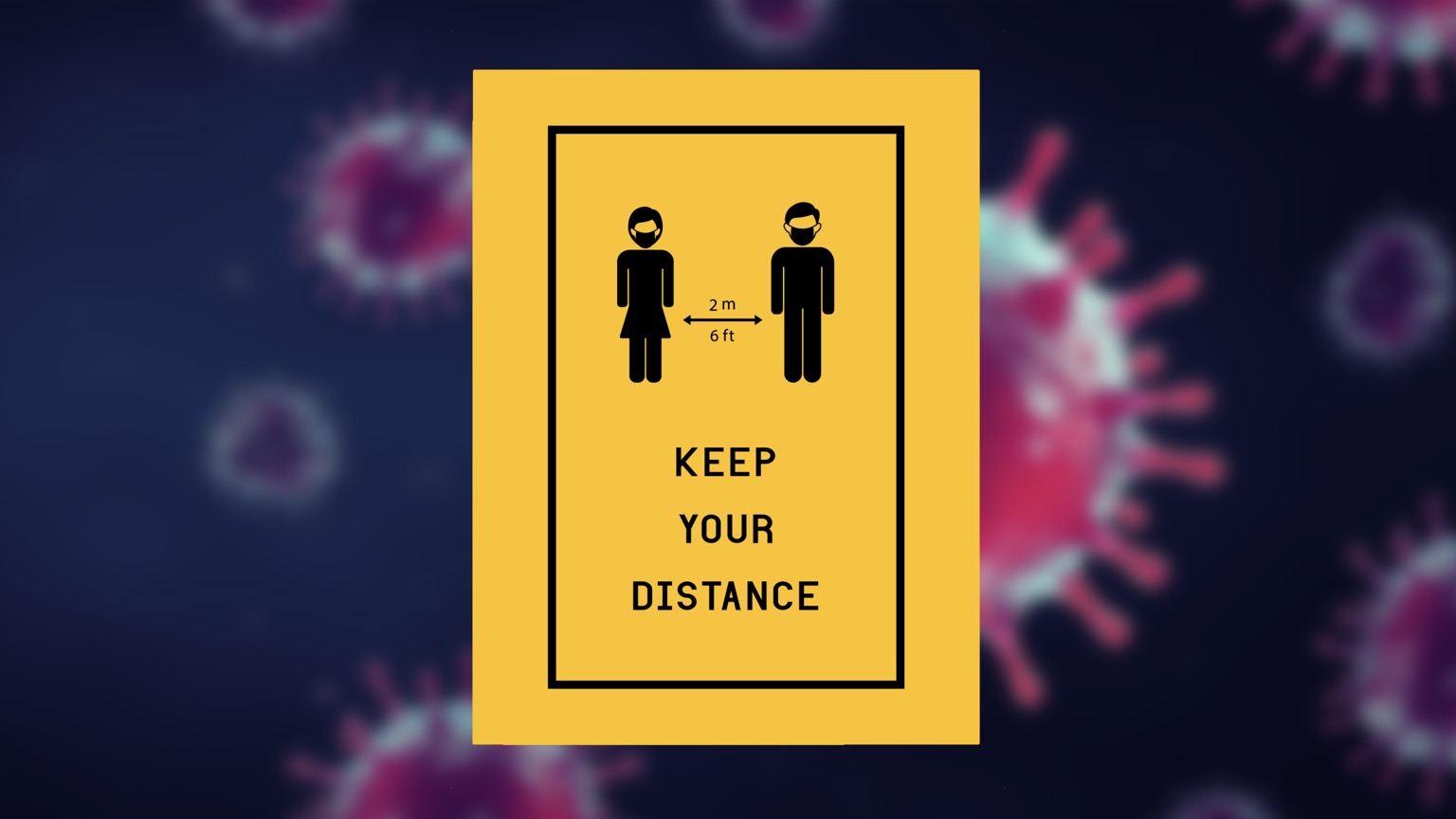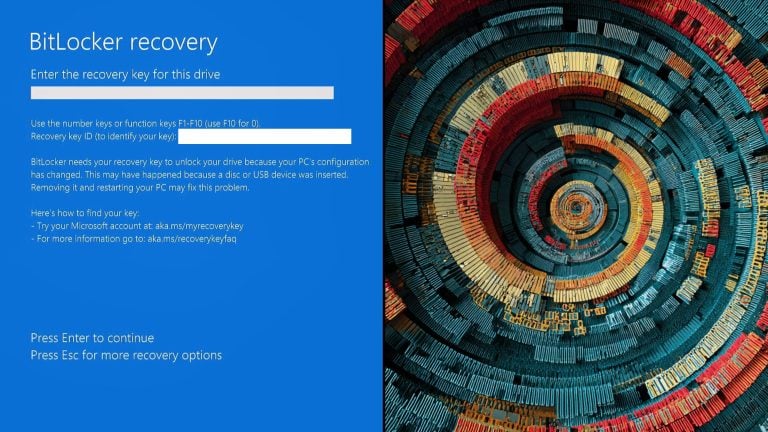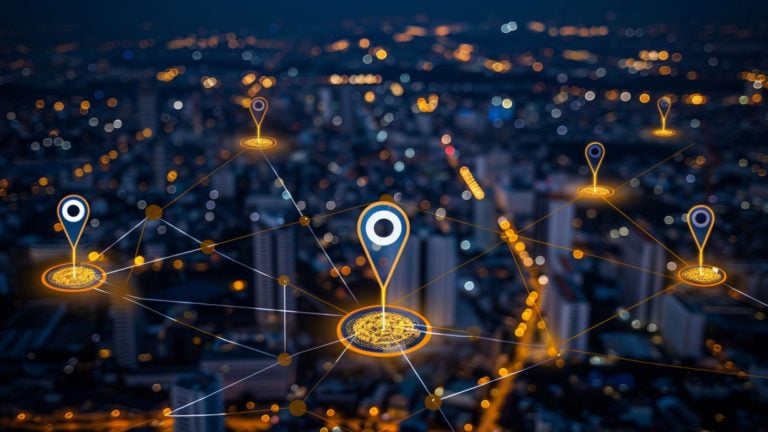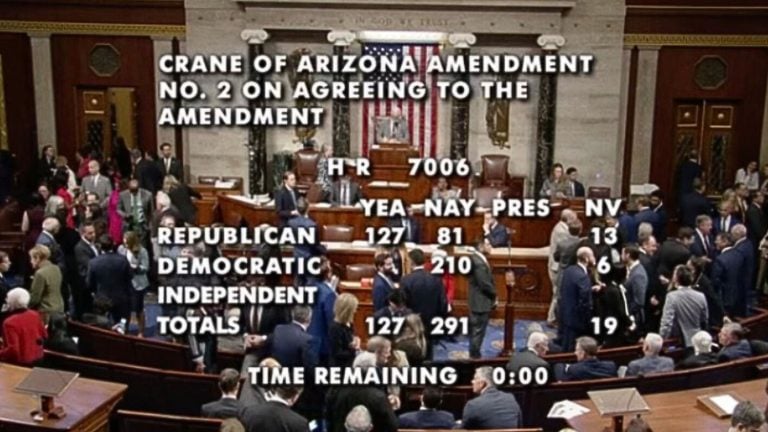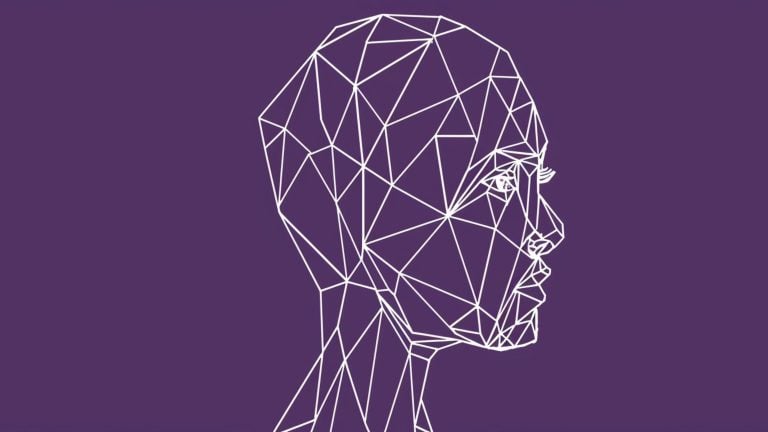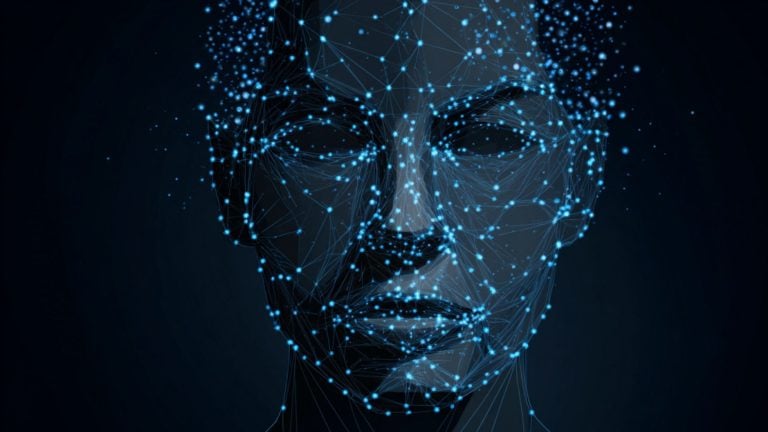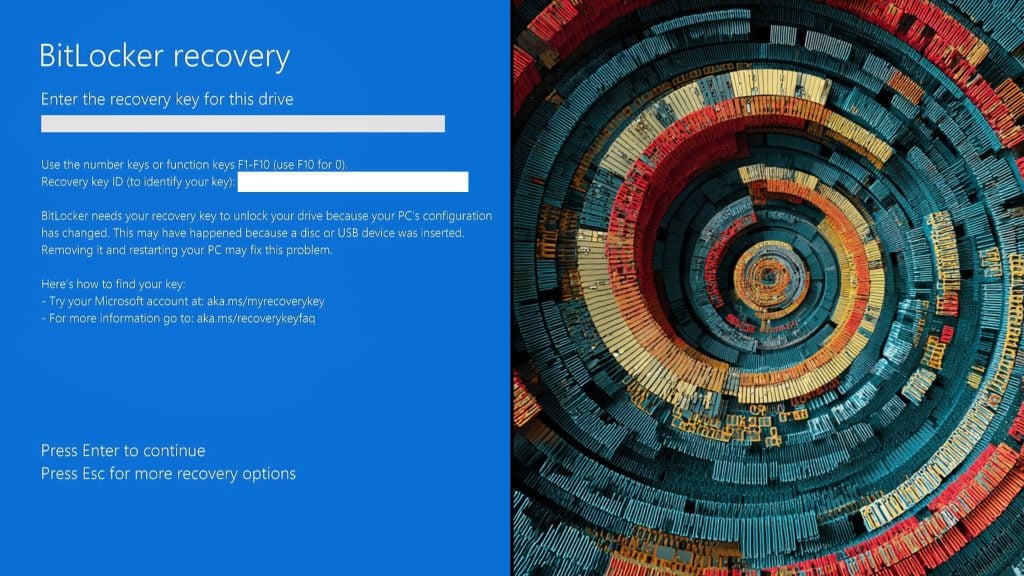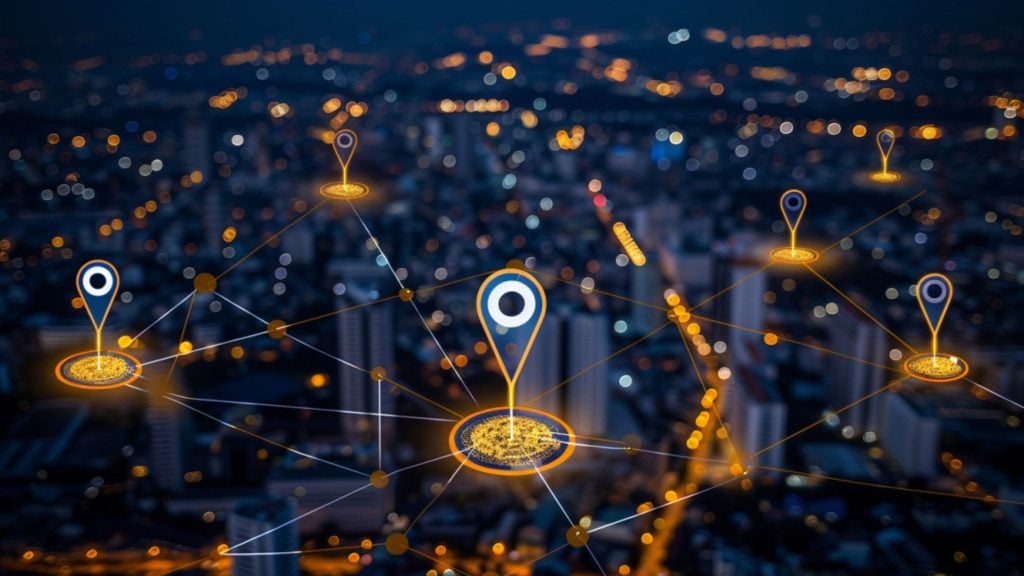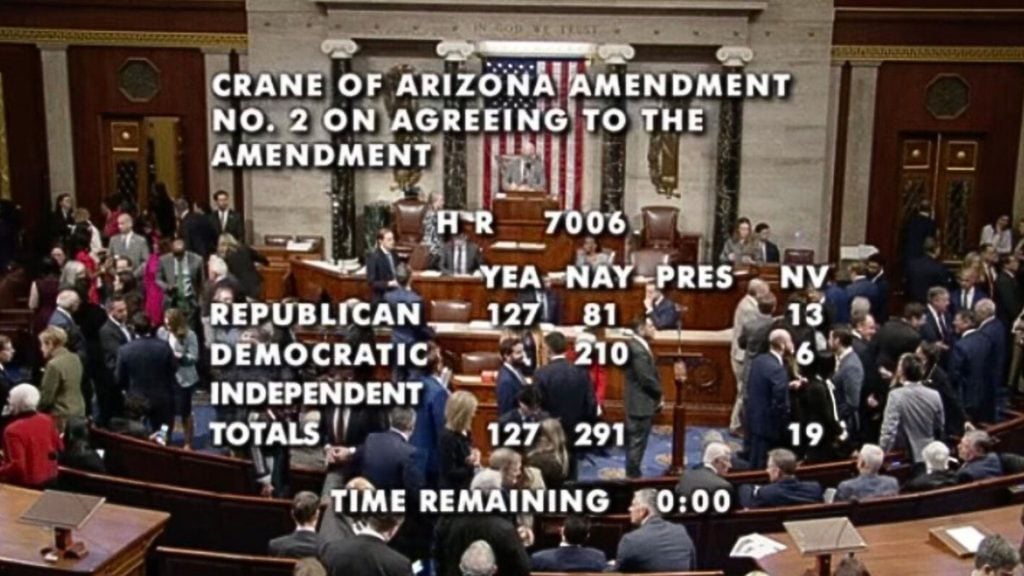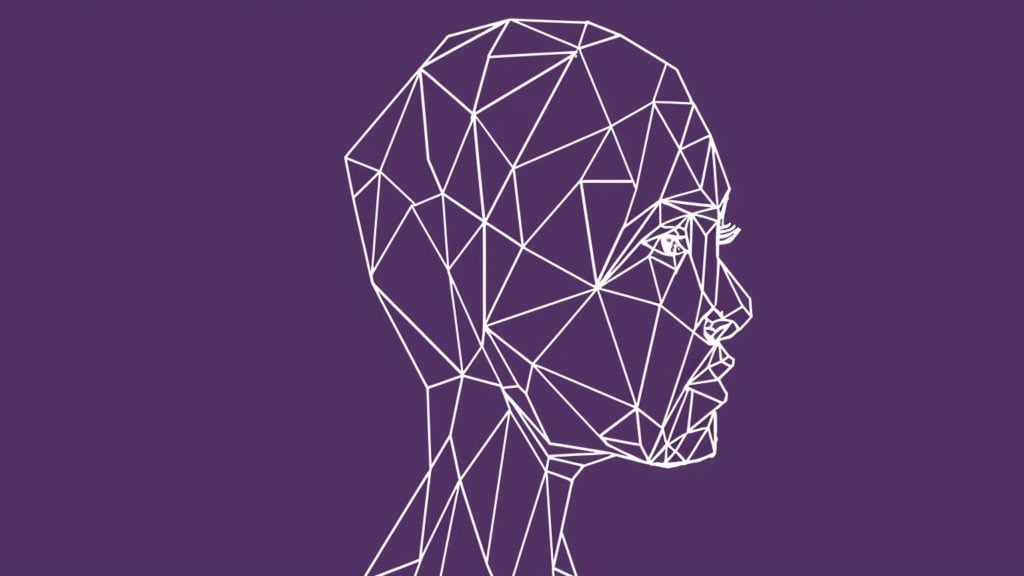In January, the BBC started forcing employees in its office to wear electronic social distancing proximity sensors that sound an alarm whenever they get within two meters of another employee.
At the time, the BBC’s managing director, Bob Shennan, told employees the purpose of these sensors was to “help maintain safe social distancing.”
But now, a BBC employee has raised the alarm over the safety of these devices and told The Guardian that these electronic tags had to be withdrawn from use after “one started smoking.”
The employee added: “If they can’t handle daily use and start setting on fire or overheating, then they shouldn’t be here.”
In addition to the safety concerns, another BBC employee noted that the noise the sensors make was disrupting TV production and that most staff have now discarded them for this reason.
“They get in the way of making TV…they’re so noisy, so no one used them,” the employee said.
Despite the safety concerns and the noise causing disruptions, a BBC spokesperson insisted the corporation is still forcing office staff to use these proximity sensors:
“We are surprised that a problem with a single electronic device is a news story, especially as the devices are being used where social distancing is challenging and they are about safety.”
Related: ? The invasive tracking tech of the post-COVID world
The BBC employees’ experience with these social distancing proximity sensors is the latest of many adverse and unexpected consequences of COVID tech being deployed.
Not only does tech based on tracking people’s movements force them to give up their freedom of movement but in many cases, the contact tracing and vaccine passport apps that are being deployed also have privacy and accuracy issues.
For example, the UK National Health Service (NHS) contact tracing app could have been falsely telling up to 30% of its users to self-isolate and New York’s vaccine passport system was letting anyone access other people’s health people’s health records.
Despite the growing concerns around coronavirus tracking tech, companies and governments are still continuing with their rapid rollout of vaccine passport apps, vaccine passport bands, and other types of social distancing surveillance tech.

